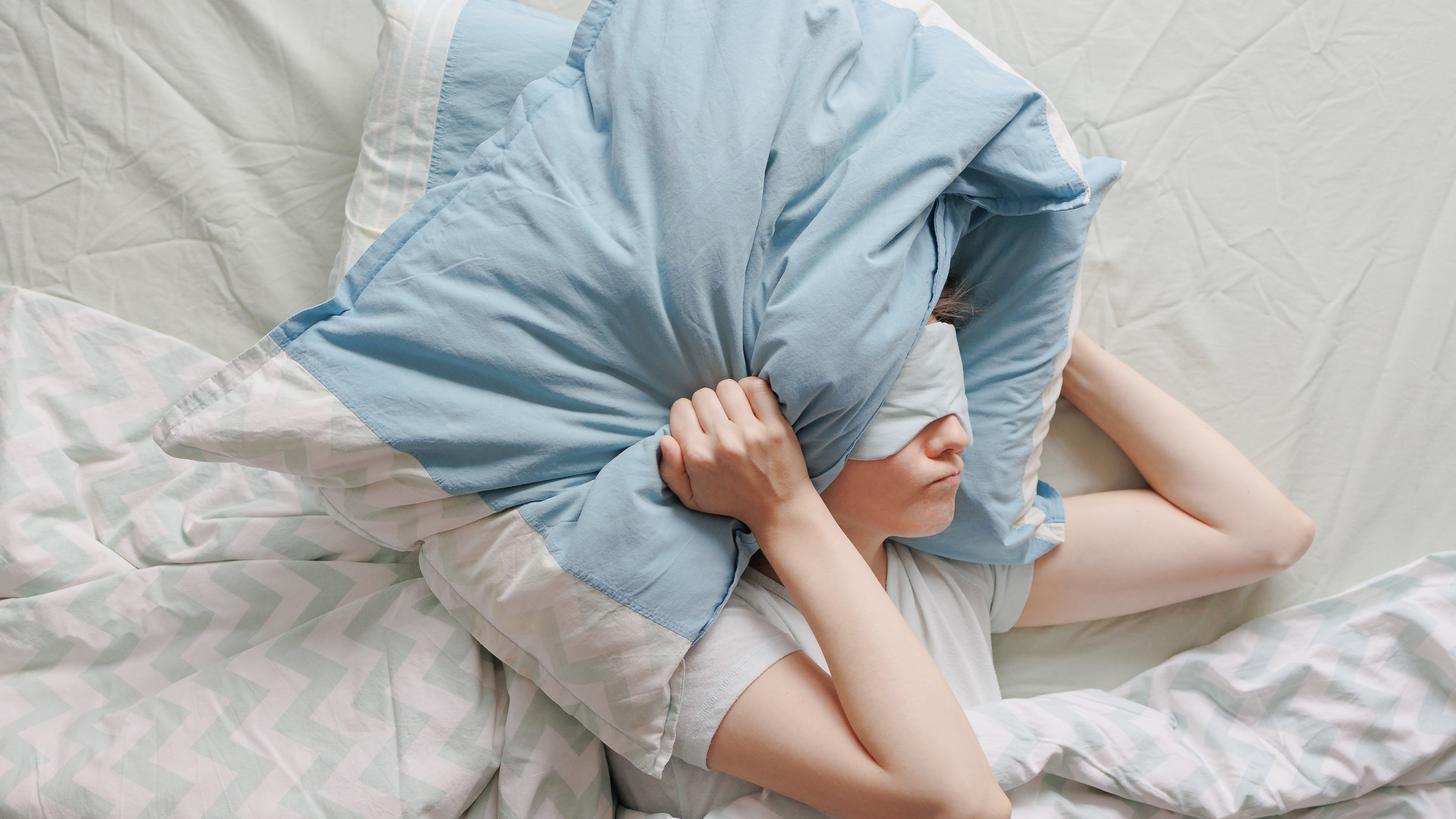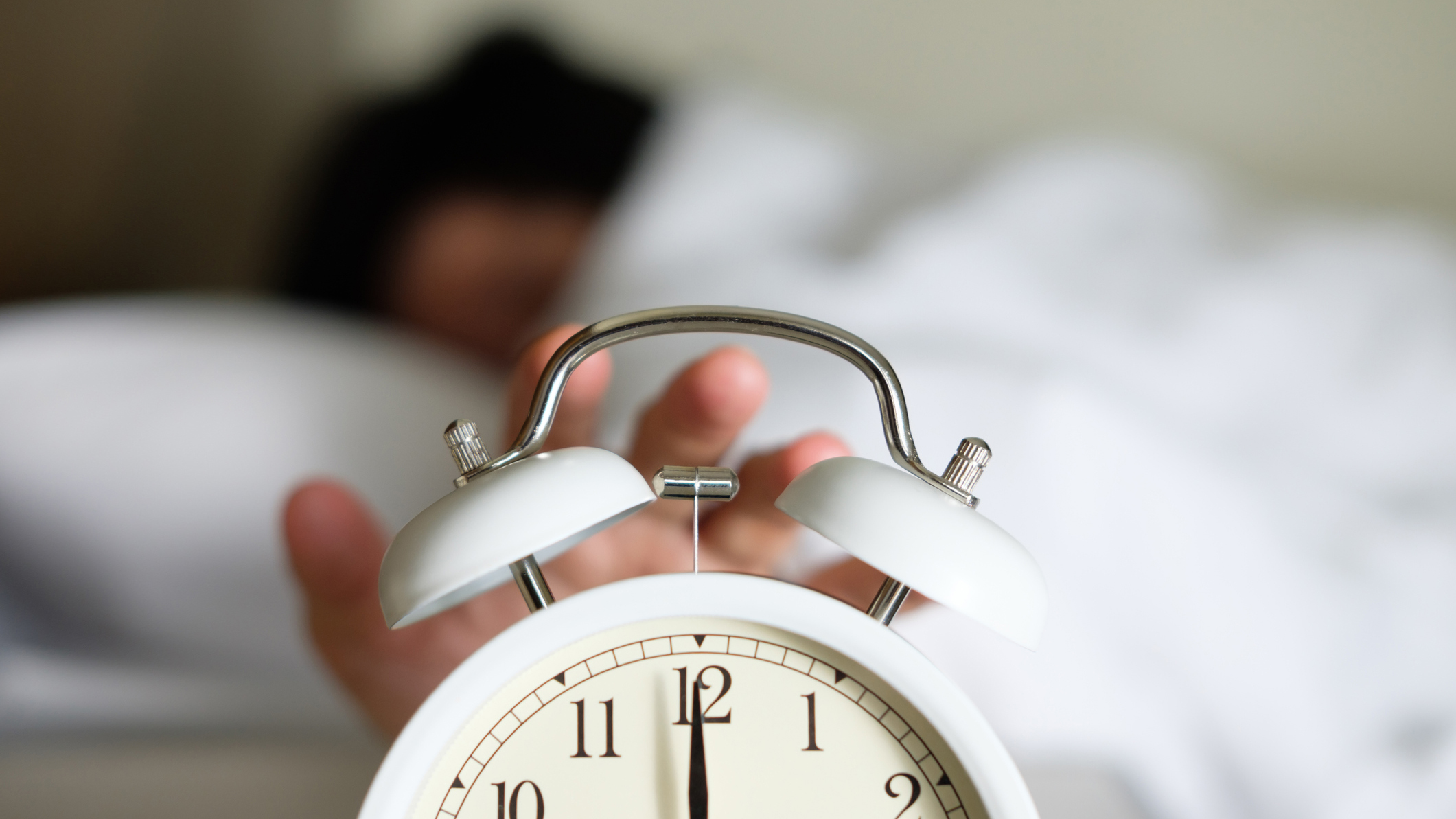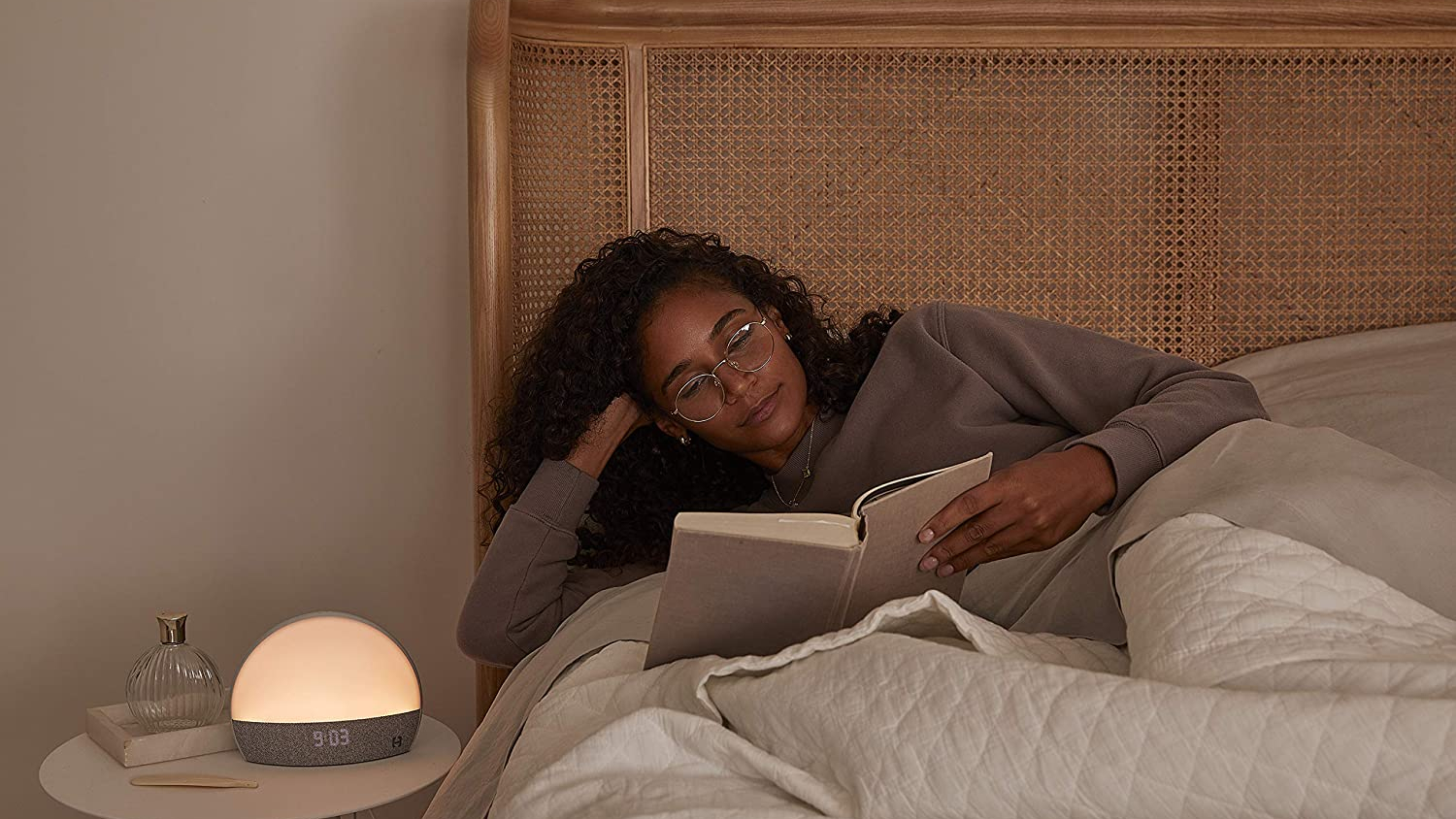
If you have ever woken up on a Sunday dreading the week to come, and have felt that sense of dread get heavier throughout the day, you’ve experienced the Sunday Scaries. They’re very real and they are no friend to your sleep. So, how can you manage them better so that you don’t succumb to temporary insomnia each Sunday night?
Dr Katherine Hall is an insomnia expert, so there’s no-one better to help us understand the Sunday Scaries and how to overcome them. After all, the better you sleep, the better your mental health and the more equipped you’ll feel to tackle the week ahead.
So if you have the best mattress for your sleep needs yet it still isn’t helping you overcome the Sunday Scaries, here are Dr Hall’s top tips…
1. Avoid napping on Sunday afternoons
Sunday afternoons feel like the perfect time to curl up for a nap, right? But if you’re battling the Sunday Scaries, an afternoon nap could worsen your nighttime anxiety.
As Dr Hall explains, “Napping can make you feel less tired, and in turn, cause trouble sleeping, as you don't feel sleepy at your usual bedtime.” So if you head to bed on a Sunday evening feeling agitated about the week ahead and you’re not sleepy enough to drift off, you’re setting yourself up for a night of tossing, turning and worrying.

2. Go to bed at the same time each night
Good sleep hygiene includes following a consistent bedtime routine and schedule. While waking up at the same time each day is the most important part, going to bed at roughly the same time each night can help you better cope with the Sunday Scaries.
“Whilst going to sleep at a certain time may feel slightly childish, this routine helps your body regulate its natural clock and create a healthy sleeping pattern,” explains Dr Hall. “This will likely result in you feeling tired at roughly the same time every evening and prevent periods where you crash out through exhaustion.”
3. Use self-soothing techniques
Guided sleep meditations work well when you’re calm enough to do them, but if you’re too anxious to drop into that space, try sensory stimulation first. “Add a towel-wrapped ice pack to your chest and hold it there for 15 minutes.
This helps cool down the vagus nerve (responsible for your parasympathetic nervous system). Throughout the 15 minutes, you will see yourself calming down and your heart rate lowering.”
You could also use acupressure, says Dr Hall: “Try rubbing the inner part of your wrist to soothe yourself into a slumber more quickly. The pressure points on this part of your wrist are known as Heart 4, 5, 6 and 7, and help alleviate stress by reducing your cortisol levels.”

4. Read for six minutes before bed
Reducing your stress levels is key to handling the Sunday Scaries, and a good book can help you lower all that cortisol in mere minutes. In fact, a 2009 study at The University of Sussex found that reading is a more potent stress-reducer than even walking or listening to music.
“The study revealed that participants only needed to read for six minutes before their stress levels were reduced,” shares Dr Hall. “So, given that the average reading speed is 1 page per minute, this means the average person only needs to read six pages before their stress levels are reduced.”
How to make your bedroom sleep-friendly
All bedrooms should be sleep-friendly, right? Well that isn’t always the case. If you’re surrounded by clutter, for example, you’re more likely to feel crowded and anxious, making your Sunday Scaries feel even bigger and harder to control.
So when it comes to optimizing your bedroom for sleep, our top tip is to clear away clutter so that you can’t see it when getting ready for bed. Make sure your bed sheets are changed regularly, and that you have the best pillow for your preferred sleep position.
We’d also recommend dimming the lights (harsh, stark lighting interferes with melatonin production) and talking a few moments to practise some deep breathing or a guided sleep meditation. Our favorites include The Military Sleep Method to fall asleep faster.







